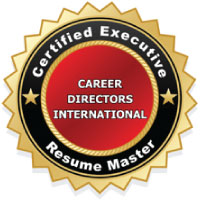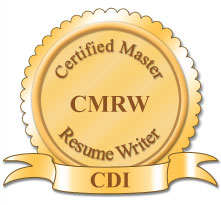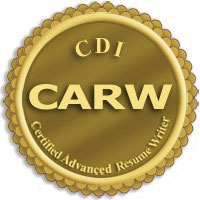Last week I visited with the head guidance counselor at a well-regarded private high school in Madison. Amongst our topics of conversation was the trend he has noticed away from private colleges. Students were being accepted to Ivy League and other top colleges, then choosing not to attend, in favor of larger state schools. As you might imagine, the main reason for their decision was financial.
These families are already paying $10,000/year to send their child to high school. Their coffers are strained if not empty. Yet, perhaps there are hidden factors that, if revealed, would sway these parents and students to choose a private college.
A March 2012 article by P. Maloney, “Does it Pay to Attend an Elite Liberal Arts College?” explored the benefits of an elite liberal arts education. In this article, Maloney asks an important question: Is it worth the $50,000 price tag to send your child to one of these elite schools? I have asked a similar question in two previous articles, Is it Worth it to Compete for an Ivy League Education? and Employers Favor State Schools for Hires – But Ivy League is Still the Best Pick; in both instances, I concluded rather unscientifically that it was worth the cost to attend an elite school.
Maloney’s more rigorous study supports my conclusions. He evaluated many major studies (a.k.a. the “literature”) on the subject, performed his own multi-faceted statistical analysis, and concluded that although attending an elite liberal arts college might not lead to higher earnings directly out of college, a statistically significant difference arises by the middle of a person’s career. Maloney points out that this finding is similar to that of Brand and Halaby (2006), another major study which found that the effects of attending an elite college on a person’s wages increased over time.
Maloney admits that his study is limited in that “the number of individuals in the [study group] that attended an elite liberal arts college is rather small compared to the number that attended other types of schools. This may limit the scope to which these results can be extended.” More research is clearly needed. However, the results are indicative of a trend toward higher career earnings that could influence families’ decisions about where to send their children to college.
If your child were accepted to both an elite private liberal arts college and a state school, how would you make your decision? What factors would you consider? If you knew that your child’s earnings potential would ultimately be significantly higher from attending an elite liberal arts college, would you still choose a state school or other less expensive option? If you have faced this type of choice or think you might face it in the future, I’d love to hear your thoughts and comments!
Want essay writing help for your student to get into an elite college? Contact The Essay Expert for a 15-minute consultation. We will make that essay shine!










I would not choose whether my child went to the liberal arts college. He or she would. Given that, from a social networking perspective, I’m sure that Ivy League connections would lead to hire eventual wages simply because of the higher least common denominator among the attendees and alumni. The biggest barrier for a layman like myself would be pure economics and barrier to entry.
I believe that most parents would ideally like for their child to decide. With such large economic considerations, however, sometimes the parents do need to make an economic choice. And you have a lot of company in economics’ being the greatest barrier.
I meant higher eventual wages above. That’s what I get for dictating my post!
I received the following response to this article from one of my readers, who wished to remain anonymous. I think her comments add a great perspective:
Thanks for another insightful article. Our daughter was accepted into the Honors program of our state school, but we are sending her to the University of Pennsylvania for several reasons:
1) We wanted her to interact with people from all over the world to expand her worldview and test her assumptions. She can do that better at Penn. In fact, we think that helped her conceptualize spending a semester abroad, which she is doing now.
2) We wanted to surround her with the brightest and most-motivated peers. Clearly, there are very bright and very motivated students at state schools, but many go for the price vs. the educational opportunity.
3) Sometimes, students cannot complete their education at state schools in four years because they cannot get into the classes they need. Not only does this diminish the price differential, but it presents an opportunity cost, since the student cannot enter the job market as soon.
4) How much money she makes after graduation should not be the sole criterion of success. I know from my own Ivy League education that I was forced to think analytically, write clearly, and test and retest my values. At a less intellectually rich institution, I might have had the impetus and support to hone my skills.